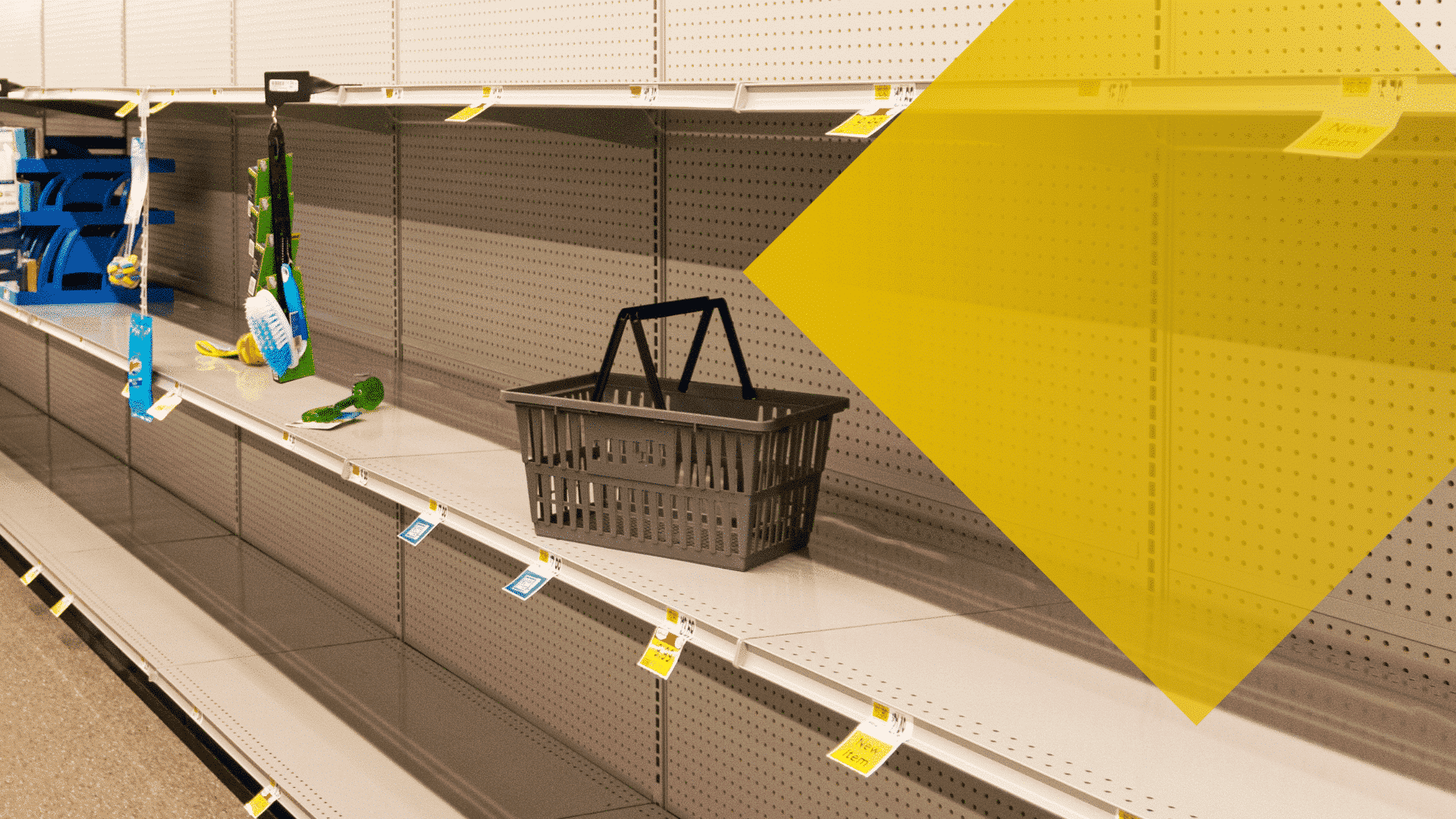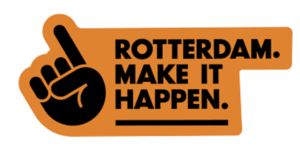Originally published in Journal du Dimanche.
Scarcity. We will have to get used to hearing this word. And above all else, we will have to thoroughly assess what this new reality of scarcity means in the minds of consumers.
Since the late 1960s, luxury has been taken for granted in western countries. While this obviously doesn’t apply to entire populations, the prevailing sentiment in the wealthiest capitalist countries was to either give or promise citizens access to comfort and quality of life, provided they had a sufficient level of income.
Today, this is changing. We are now moving towards a world in which opulence will no longer be the norm, irrespective of purchasing power. The French are all too aware of this: 75% believe that previous generations could live life more “fully” and find pleasure more easily. Even though it is still too early to rule on whether this change is systemic or circumstantial in nature, it will clearly make an impact.
It all began with the seemingly insignificant shortage of sunflower oil. What was originally viewed as a temporary issue—stemming largely from the war in Ukraine—has taken on a new meaning. A whole range of factors beyond the war, including the COVID-19 pandemic, climate change, and even—although counterintuitive—the drop in unemployment, are contributing to this scarcity. With at least two of these factors certain to last, one cannot help but pay close attention to the consequences.
And it’s not just for sunflower oil. There’s a seemingly endless list of food shortages, including wheat, flour, cereal (including buckwheat), chickpeas, and more. As a result, nine in ten French citizens have expressed concerns about sudden price hikes in this sector.
In the wake of these developments, there have been many articles (“How to replace sunflower oil?”), predictions (“Upcoming butter or chocolate shortages?”), and even compromises (in France for instance, ingredients mentioned on the label no longer necessarily need to be included in recipes) addressing the subject of scarcity. And that’s without even mentioning an issue that is beginning to emerge in France and numerous other western countries: access to a resource as crucial as water.
Scarcity is not just affecting the food and beverages we consume; it is also affecting semi-conductors, bicycles, rental vehicles, and luxury cars—with record waiting times between purchase and delivery. Even the workforce is no exception to the rule. There has been a lot of recent discussion about how the French catering industry is struggling to recruit staff, and this is not the only sector or nation facing such challenges. Numerous vacancies remain unfilled in construction sites in Ireland, automotive plants in the Czech Republic, farms in Italy, and even the aeronautical industry.
This is already having an impact on public opinion. Doubts have crept in with regard to the reality of the shortages, people are looking for scapegoats, and there have been calls for action in the form of regulations and controls. Needless to say, the situation calls for close monitoring.
Should these shortages persist, consumer sentiment and behavior will be challenging to predict. We could well witness struggle for possession to the detriment of others, or shifts in attitudes which take the current emphasis on usage rather than possession one step further. It remains to be seen if consumers of industrialized countries are ready. And the answer is probably a resounding “no”. However, we do know that to avoid this, it is beneficial to identify the issue before it occurs.




